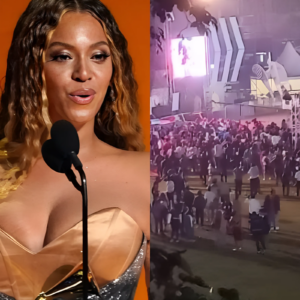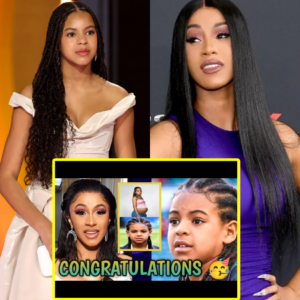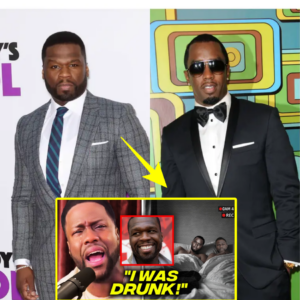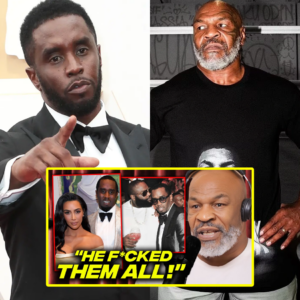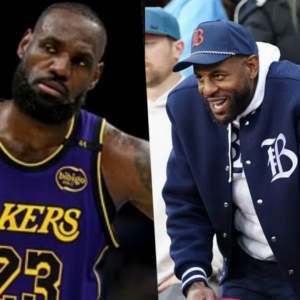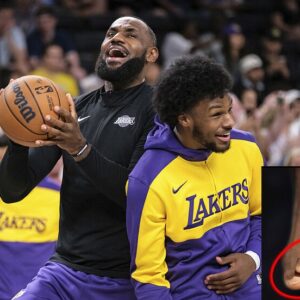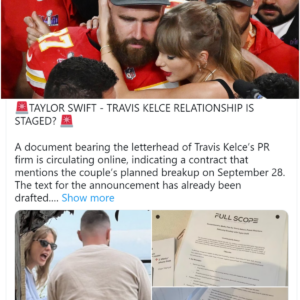The recent controversy surrounding Jennifer Lopez, particularly in relation to her involvement in the Motown tribute at the 2019 Grammys, has reignited discussions about cultural appropriation, allyship, and representation in the entertainment industry.

The Motown tribute, traditionally a platform to honor the rich legacy of Black music and culture, raised eyebrows when it was announced that Jennifer Lopez, a non-Black artist, would be leading the performance. Critics questioned the decision, pointing out that there were numerous Black artists who could have been better suited for the tribute.
As one of the dancers involved in the performance revealed in a recent TikTok video, there were several troubling aspects of the rehearsal process. The lack of diversity among the dancers, with only three Black individuals in the room, was a glaring red flag. Furthermore, the choreography seemed to prioritize pushing the Black dancers to the sidelines rather than featuring them prominently, reinforcing stereotypes and perpetuating marginalization.
Additionally, Jennifer Lopez’s response to the criticism was perceived as dismissive and insensitive. Rather than acknowledging the valid concerns raised about her participation in the Motown tribute, she reportedly made light of the situation and attempted to brush off the criticism with humor. This response only served to further alienate those who felt that her involvement was inappropriate and disrespectful to the legacy of Motown.
Moreover, this incident is not an isolated one in Jennifer Lopez’s career. There have been previous instances where she has faced accusations of cultural appropriation and insensitivity, such as her portrayal of Selena Quintanilla in the biopic “Selena” and her use of African American Vernacular English in her music.
In light of these controversies, there is a broader conversation to be had about the responsibility of artists, particularly those in positions of privilege and influence, to use their platform responsibly and respectfully engage with cultures that are not their own. This includes being mindful of the historical and cultural significance of the work they choose to participate in and being receptive to feedback and criticism from marginalized communities.
Ultimately, the Motown tribute debacle serves as a reminder of the ongoing challenges and complexities surrounding issues of representation and cultural appropriation in the entertainment industry. It underscores the importance of fostering greater diversity, inclusion, and sensitivity in all aspects of media and entertainment, from casting decisions to creative collaborations.
News
Diddy LEAKS Disturbing FOOTAGE Of Beyonce & Jay Z | New EVIDENCE Revealed
The unfolding drama involving Diddy, Jay-Z, and Beyoncé has captivated audiences worldwide. Allegations of scandalous tapes, federal raids, and personal vendettas have dominated headlines, leaving fans shocked…
Tiffany Haddish SHADES Jennifer Hudson For Stealing Common From Her
Tiffany Haddish is making it abundantly clear that she’s not thrilled about comments on new relationship with Jennifer Hudson. She threw some major shade at Jennifer, hinting…
Breaking: Beyoncé’s “Cowboy Carter” Tour Sees Lackluster Ticket Sales, “Only 1500 So Far”
In a surprising twist of fate, Beyoncé’s highly anticipated “Cowboy Carter” tour has encountered a lackluster start, with only 1500 tickets sold for its opening night. This…
“Blue ivy is pregnant” Cardi b Exposed truth about the pregnancy on live TV show says CONGRATS
Welcome to CB Gossip, your go-to source for all the juiciest entertainment news. Don’t forget to hit that subscribe button and ring the bell for more updates….
Kevin Hart FREAKS OUT As 50 Cent LEAKS New Video Of Him & Diddy..
Absolutely, let’s delve deeper into these issues. It seems like there’s a plethora of speculation and rumors surrounding celebrities and their connections to Diddy’s controversial activities. From…
Mike Tyson EXPOSES Members Of Diddy’s S3X CULT..
Unveiling Diddy’s Troubles: A Deep Dive into Allegations and Controversies In recent years, Sean “Diddy” Combs, the rap mogul and entrepreneur, has found himself embroiled in a…
End of content
No more pages to load


